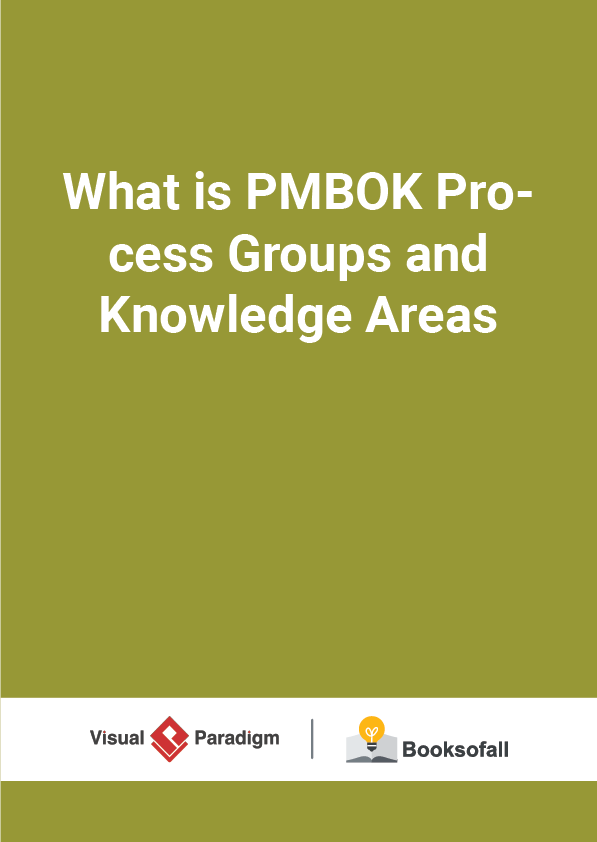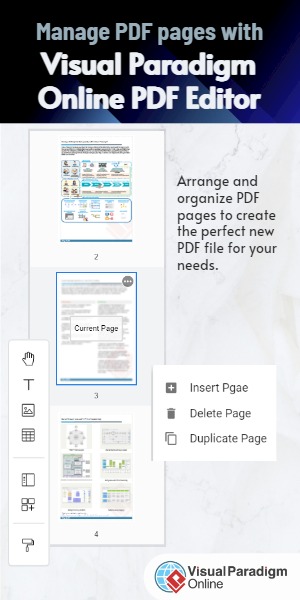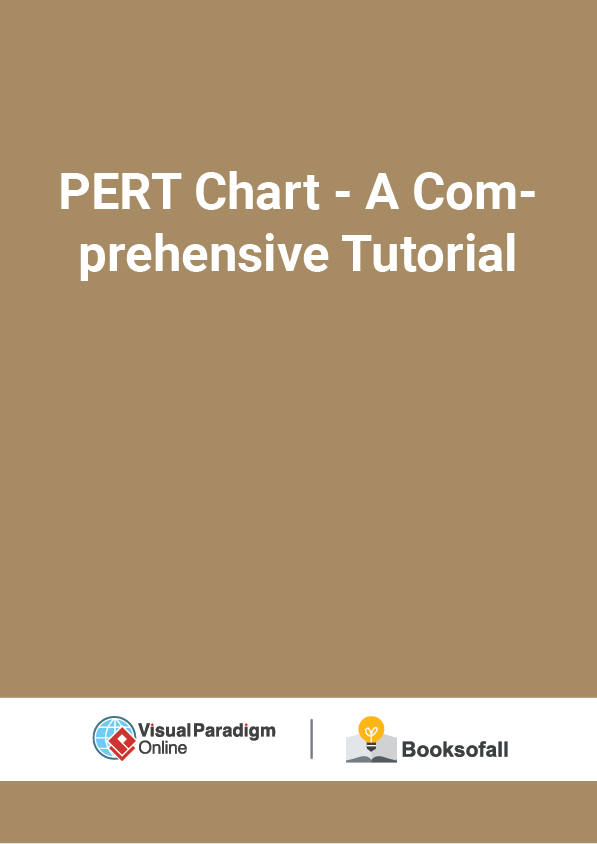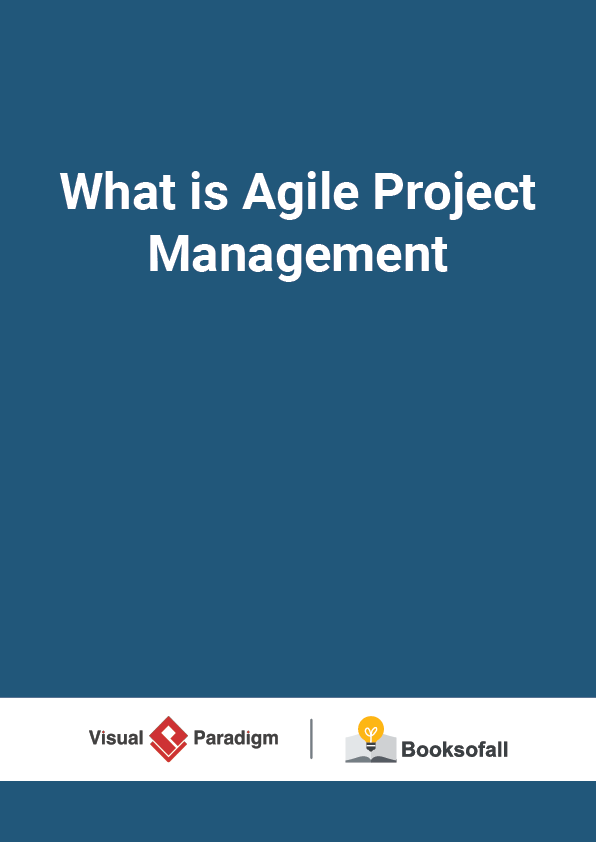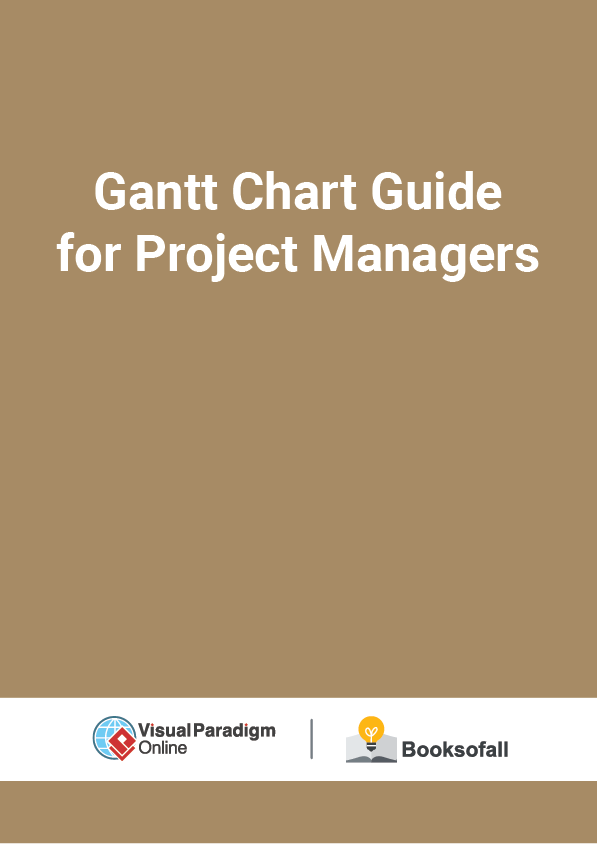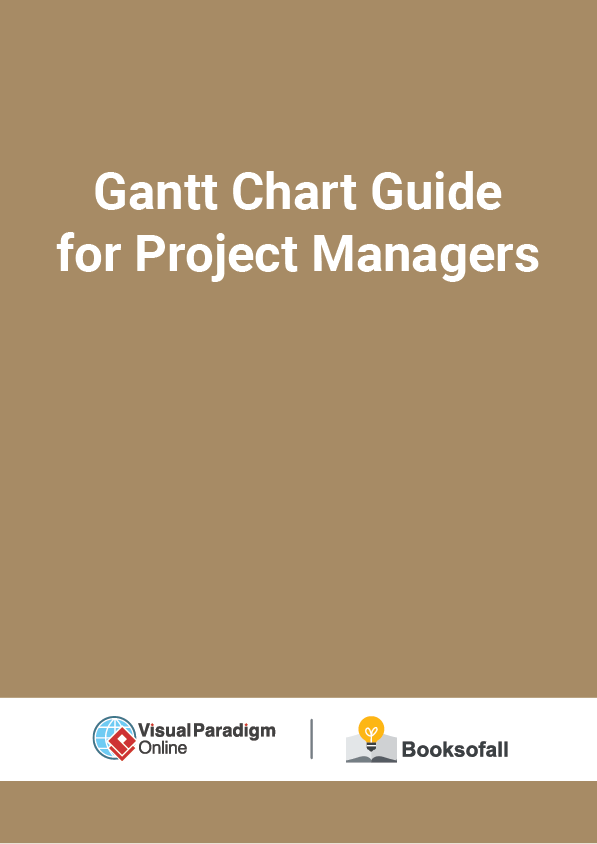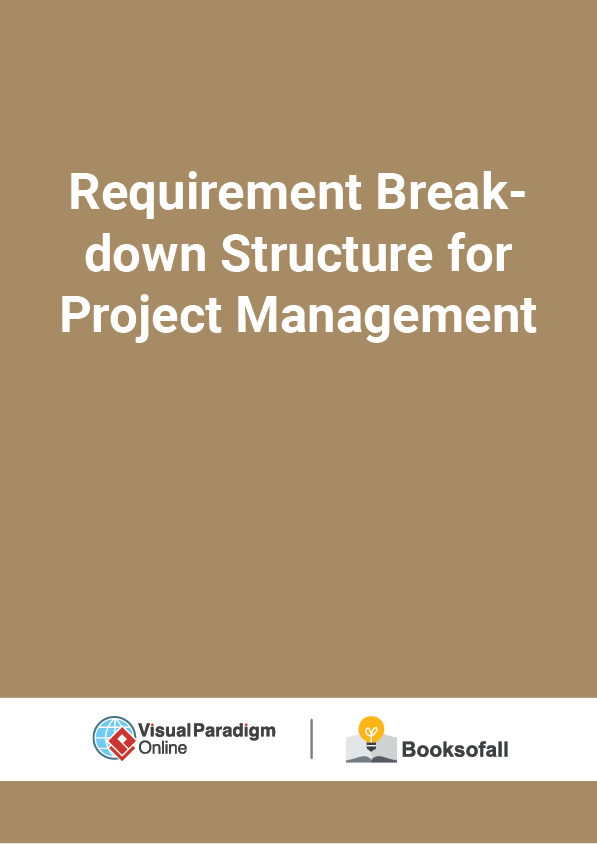What is PMBOK Process Groups and Knowledge Areas?
5-7 minutes
How the PMBOK ® got its name is largely related to how it categorizes key aspects of a project, which are termed as “knowledge areas.” There are 10 project management knowledge areas covered by the PMBOK Guide. The PMBOK Guide identifies 47processes of project management that are instrumental to project success.
What is a “Process” – 47 processes of project management?
The PMBOK Guide defines a process as “a set of interrelated actions and activities performed to achieve a specified set of products, results, or services.” which is simply away of transforming an input into an output using proven tools and techniques that can help drive progress from start to finish. Processes serves as a roadmap for keeping the project going in the right direction. Good processes are based on sound principles and proven practices that is extremely important for ensuring a project’s success. These processes can help minimize confusion and uncertainty among the project manager and the project stakeholders.
What is PMBOK Process Group?
Every project needs the 5 Process Groups – Initiating, Planning, Executing, Monitoring &Controlling and Closing. Process Groups bundle together processes that often operate around the same time on a project or with similar input and outputs. Once you’ve got comfortable with them they are actually a very logical way of grouping together the things you have to do.
What is PMBOK Knowledge Areas?
The overarching piece of our matrix are the Knowledge Areas. Each Knowledge Area is made up of a set of processes, each with inputs, tools and techniques, and outputs. These processes, together, accomplish proven project management functions and drive project success. Thus, the Knowledge Areas as shown in Figure 2, are formed by grouping the 47processes of project management into specialized and focused areas. Knowledge Areas also assume specific skills and experience in order to accomplish project goals.
The 10 Knowledge Areas
1. Integration Management – is the processes required to ensure that the various elements of the project are properly coordinated.
2. Scope Management – the processes required to ensure that the project includes all the work required, and only the work required, to complete the project successfully.
3. Time Management – the processes required to ensure the timely completion of the project.
4. Cost Management – the processes required to ensure the project is completed within the approved budget.
5. Quality Management – the processes required to ensure the project will satisfy the needs for which it was undertaken.
6. Human Resource Management – the processes required to make the most effective use of people involved with the project.
7. Communications Management – the processes required to ensure the timely and appropriate generation, collection, dissemination, storage, and ultimate disposition of project knowledge.
8. Risk Management – the processes concerned with identifying, analyzing, and responding to project risk.
9. Procurement Management – the processes required to acquire the goods and services from outside the performing organization.
10. Stakeholder Management – the processes that identifies and develops relationships with those people and organizations which are impacted by the project and which influence or determine how the team works.
